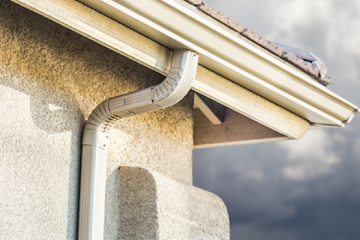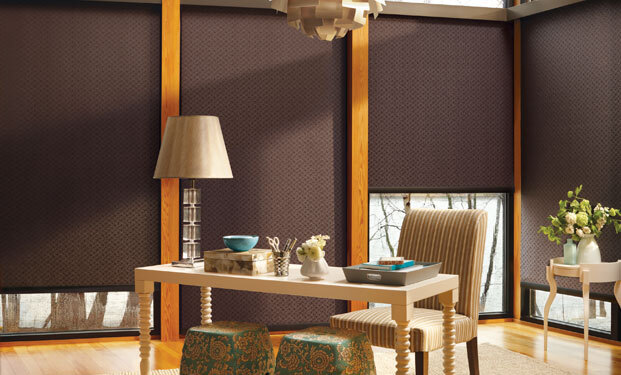Why The Demand Is Growing For Garden Spaces

In the wake of the international health crisis and its resulting lockdowns, a number of habits and purchases became drastically more popular. The demand for bread-making equipment created a national shortage of flour, home gym equipment rocketed in price, and home renovation materials were hard to come by.
While many of these are now subsiding in popularity, there are a few that have persisted. Remote working, for example, saw a significant uptake over the past few years and continues to top preference from employees when considering their ideal working environment. Another example is the demand for gardens, which have become one of the most valuable assets a home can have.
There are a number of obvious reasons as to why gardens were rocketed into popularity, especially when considering the limitations put into place by various lockdowns. Residents were eager for nature and the outdoors, realising just how important it is for our individual well-being. Those that had access to a garden had an advantage over others, being able to access their own private respite and embrace a small patch of nature freely.
While the immediate restrictions of lockdowns have since been lifted, the demand for gardens has remained steady. While this is partly due to the ongoing recognition that access to nature is important for well-being, it is also for a number of other reasons.
Many residents, for example, have begun working remotely and, while this benefits individuals in outbuildings and log cabins, which homeowners are turning into private offices. These outbuildings offer a great deal of flexibility, which many are taking advantage of, using them as dining areas, reading nooks, and even creative studios.
Gardens also enable homeowners greater accessibility to sustainability, which has become increasingly important for residents as they seek to make their homes more carbon efficient. Popular designs include composting systems and rainwater harvesting, both of which reduce a property’s carbon footprint and can improve any produce grown at home too, improving soil conditions.
With movements such as No Mow May, which prioritises natural gardens, outdoor spaces have also begun to leave behind their tidy designs, those of regimented flowerbeds, and have taken on a more ecologically exciting aesthetic, full of wildflowers and insect hotels in the interest of local environments.
Aside from these utilities, gardens remain, at their core, a space in which homeowners can find tranquillity. With the benefit of fresh air and luscious greenery, individuals can easily create an environment that allows them to escape an urban living, even momentarily. This could be to harvest a few herbs, admire flowers, or entertain guests, all among a private natural respite.
It is expected that garden popularity will continue to grow and add significant value to homes. Buyers are much more likely to make higher offers if a garden is available and in good condition, with sellers able to review their property value in a garden-centric market. So, if you’re considering selling your home, now might just be the best time to do it.






